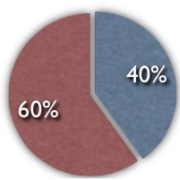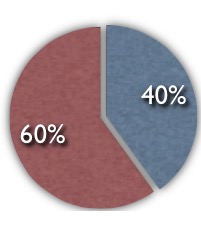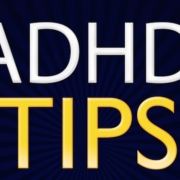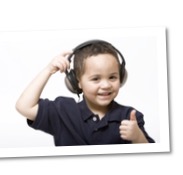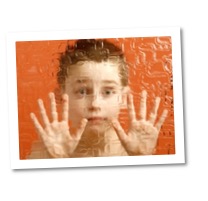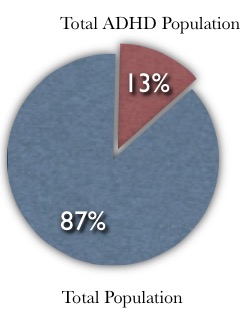Dyslexia Testing – Signs of Dyslexia
Possible signs of Dyslexia or a language based learning disability include:
➡Slow progress acquiring reading skills
➡Trouble reading new/unfamiliar words
➡Mistakes with small words such as: that, an, in
➡Difficulty sounding out multi-syllable words
➡Omitting part of a word when reading out loud
➡Poor oral reading ability
➡Extreme fear or avoidance of reading out loud
➡Poor memory of dates, names numbers, etc.
➡Substitution of words with the same meaning
➡Very poor spelling
➡Frequent hesitation and pauses when speaking
➡Using the wrong word when speaking with one that sounds similar
➡Slow, labored reading, avoidance of reading and/or lack of pleasure in reading
➡Despite reading/language weakness, demonstrates strong, higher level reasoning ability
➡Better reading words when in context than as a single word
➡Poor performance on multiple choice tests and math word problems
Studies indicate as many as 40% of all early elementary school students in the United States have some initial difficulty learning to read. Nearly half of these students
(ie, 15-20% of elementary students) have significant problems and continuing difficulties with reading fluency, comprehension, and spelling. Many students with ADHD also have dyslexia or another language based learning difficulty.

